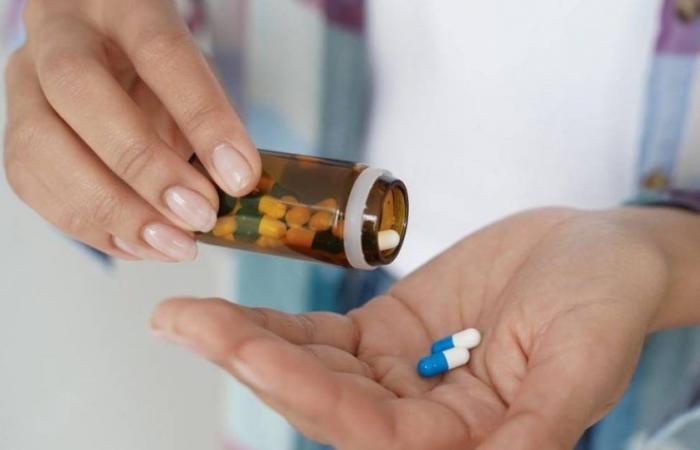By magazineeyn.com
While the number of antibacterial agents in clinical development has increased from 80 in 2021 to 97 in 2023, new and innovative agents are urgently needed against serious infections and to replace those that have lost effectiveness due to widespread use. , points out the World Health Organization (WHO) in its latest report.
This annual report, first published in 2017, assesses whether antibiotics currently in research and development (R&D) are effective in adequately treating infections caused by the most dangerous drug-resistant bacteria.
WHO: first confirmed case of H5N2 flu in humans died of multifactorial causes
Antimicrobial resistance (AMR) arises when bacteria, viruses, fungi, and parasites stop responding to medications, making people sicker and increasing the risk of spreading infections that are difficult to treat. and of illness and death.
“Antimicrobial resistance is getting worse, but we are not developing new cutting-edge products at the speed required to combat the most dangerous and lethal bacteria,” said Yukiko Nakatani, WHO acting assistant director-general for Antimicrobial Resistance.
Of the 32 antibiotics under development against infections on the WHO List of Priority Bacterial Pathogens, only 12 can be considered innovative. Furthermore, only four of those 12 are effective against at least 1 pathogen considered “critical” by the WHO.
There are gaps throughout the development phase, particularly in children’s products, oral formulations more suitable for outpatients, and agents against the rise of drug resistance.
WB: Economic growth stabilizes, but at historically low levels
Regarding newly approved antibacterials, 13 new antibiotics have obtained marketing authorization since July 1, 2017, but only two of them constitute a new class of chemical and can be considered innovative, underscoring the scientific and technical challenge of discover new antibacterials that are both effective against bacteria and safe for humans.
In addition, three non-traditional agents, all fecal-based products, have been authorized to restore the intestinal microbiota and prevent recurrent Clostridioides difficile infection after antibiotic treatment in adults.






